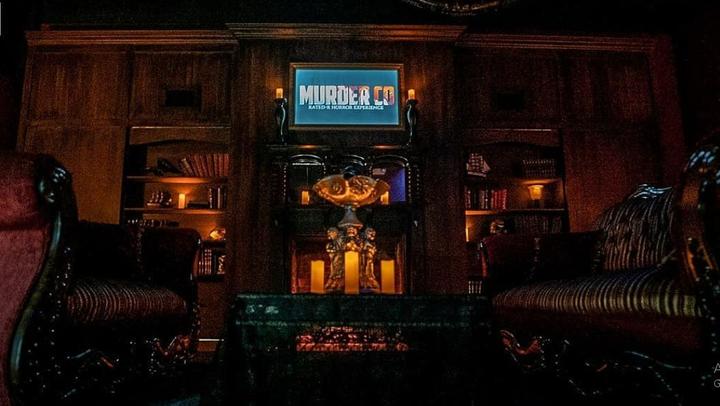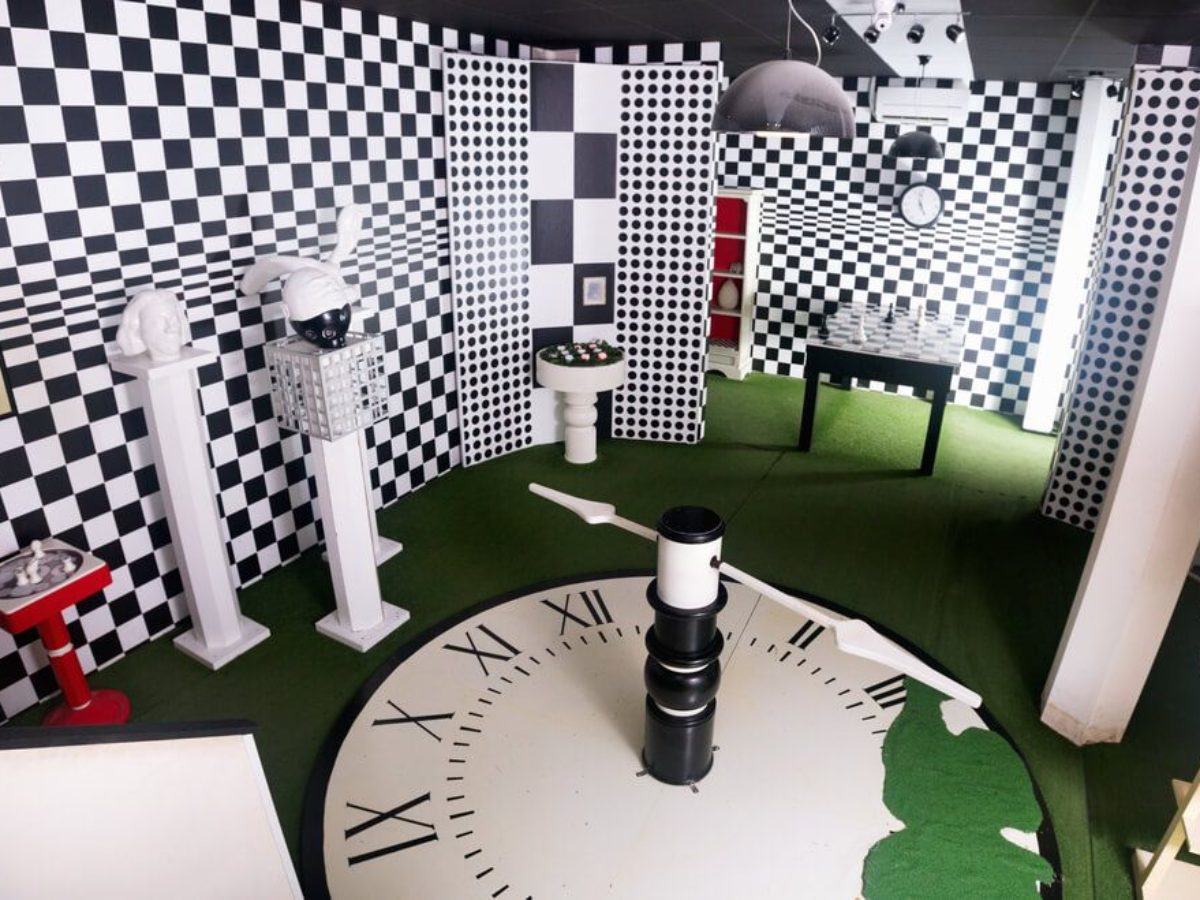Fun and Challenging Escape Room-- Plan Your Following Adventure
Fun and Challenging Escape Room-- Plan Your Following Adventure
Blog Article
Team Methods: Exactly How to Team up Efficiently in a Retreat Area
Teams should actively pay attention to each member's insights, assign duties that line up with private strengths, and keep routine check-ins to guarantee emphasis and protect against redundancy. By promoting an environment that values communication and flexibility, groups can considerably heighten their efficiency and success rates.
Establish Clear Interaction

To facilitate clear interaction, it is vital to mark a central factor of contact for info circulation. Brief, concentrated updates from each group member can keep the team informed without overwhelming them with details.

Designate Duties Purposefully
While clear communication sets the structure for efficient team effort, appointing functions tactically guarantees that each employee's staminas are made use of successfully. In a getaway area situation, the time-sensitive and complex nature of obstacles requires an efficient technique to task delegation. By recognizing and leveraging specific proficiencies, groups can enhance their problem-solving abilities and enhance general performance.
First, analyze the special abilities and attributes of each individual. For example, a person with a keen eye for information might succeed in finding concealed objects, while a rational thinker can be better matched to resolving problems - best escape room. It's just as essential to have a leader that can look after development, take care of the timeline, and make decisive phone calls when needed. This duty typically calls for strong organizational and social abilities.
Second, make certain that duties are versatile and versatile. As brand-new obstacles arise, the group needs to have the ability to pivot, reapportioning tasks as required. This adaptability aids preserve energy and prevents bottlenecks that could take place because of rigid function projects.
Eventually, a strategic approach to duty assignment not just takes full advantage of the toughness of each staff member however likewise cultivates a natural atmosphere, driving the team in the direction of an effective retreat.
Utilize Diverse Abilities
Recognizing and taking advantage of the varied skills within your group can considerably boost your efficiency in a getaway area. Each staff member brings special strengths to the table, and properly leveraging these capacities can expedite analytic and enhance total efficiency. For example, an employee with strong analytical abilities might excel at decoding intricate codes or patterns, while an additional with keen observational capabilities may promptly identify concealed clues that could overlook.
Efficient interaction is crucial to utilizing these click this diverse abilities. Encourage group members to voice their understandings and ideas quickly, ensuring that all prospective services are thought about. This comprehensive method promotes a dynamic setting where creativity and important reasoning can flourish. Furthermore, designating jobs that straighten with each participant's toughness can stop traffic jams and ensure that progress is continual.
Additionally, variety in abilities often translates to variety in assuming designs, which is very useful in a retreat area setup. While some difficulties may require logical thinking and accuracy, others may gain from check it out imaginative and lateral reasoning. By identifying and leveraging this diversity, teams can address a more comprehensive variety of difficulties much more efficiently, thereby raising their opportunities of an effective escape.
Manage Time Properly

First, designate first mins for a fast study of the area. Recognize noticeable problems and separate jobs based upon staff member' staminas, making certain that no one is still. Establish interior time checkpoints to examine development regularly; for circumstances, goal to have half the challenges fixed by the mid-point of the video game. web This technique can aid maintain the team focused and avoid time from escaping unnoticed.
Furthermore, avoid passage vision. If a problem is taking as well long, rotate staff member or relocate on to an additional obstacle, returning later on with fresh viewpoints. Communication is paramount-- maintain everybody upgraded on fixed challenges and continuing to be tasks to avoid repetitive initiatives.
Last but not least, use any tips or clues moderately however strategically - best escape room. Recognizing when to ask for aid can save valuable time. By sticking to these time management concepts, teams can significantly enhance their chances of an effective and enjoyable retreat room experience
Debrief and Show
Reflection is an essential element of group advancement and renovation in the context of escape spaces. Once the difficulty is finished, whether successfully or otherwise, it is essential for the group to take part in a structured debriefing session. This procedure allows team participants to analyze their performance, recognize strengths, and identify locations for improvement.
Begin the debrief by reviewing what went well. Highlight particular circumstances of effective interaction, problem-solving, and partnership. Identifying these positive actions strengthens them and urges their repetition in future difficulties.
Following, address the challenges ran into. Talk about minutes of complication, miscommunication, or ineffective methods. Urge an open and constructive dialogue where team participants can share their viewpoints without fear of objection. This promotes a society of continuous enhancement and discovering.
Conclusion
In verdict, successful collaboration in a retreat space is predicated upon clear communication, critical function projects, the effective application of varied skills, and proficient time management. By developing a cohesive and adaptive team setting, the chance of successfully addressing puzzles and achieving the goal of escaping the space is considerably boosted.
Report this page